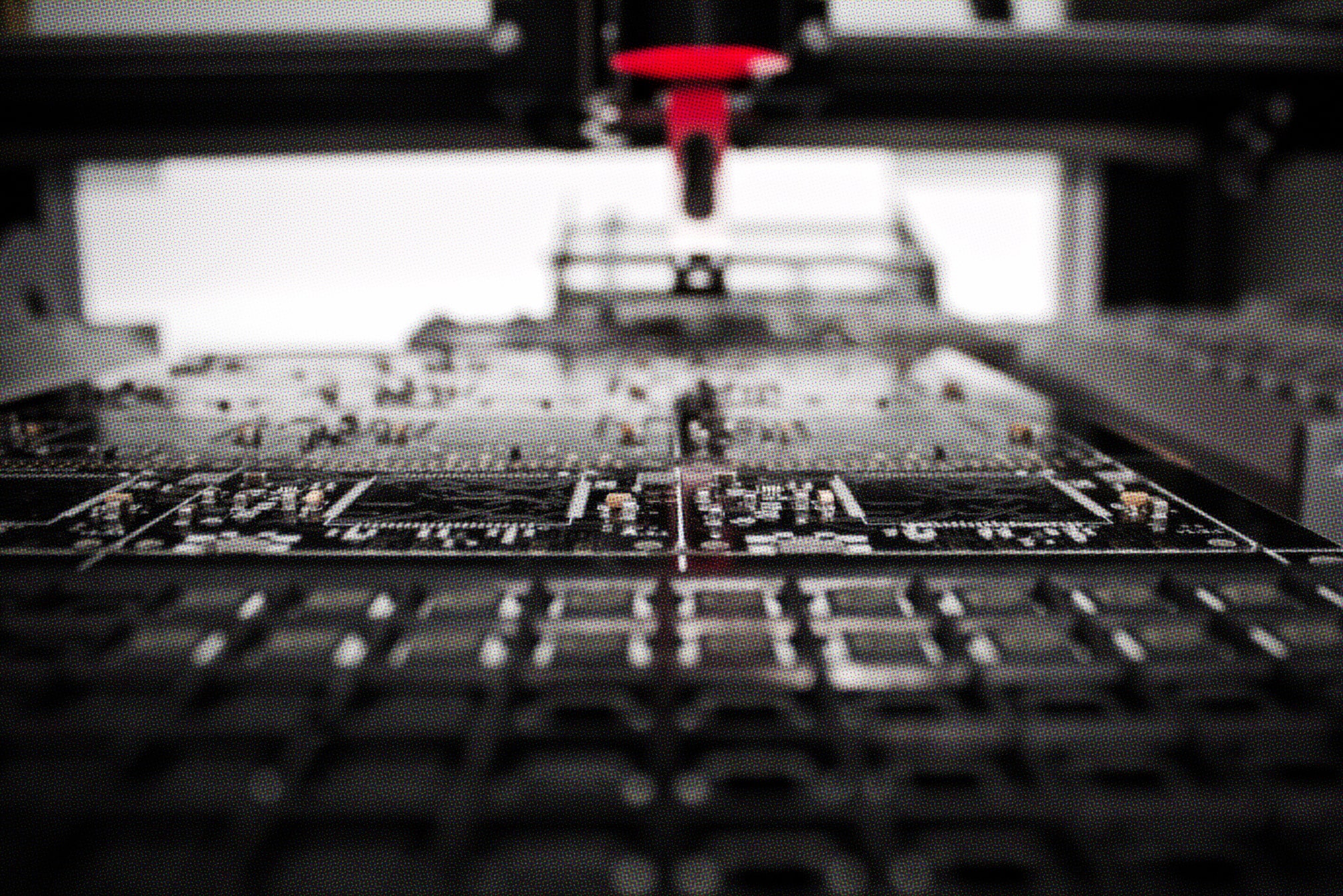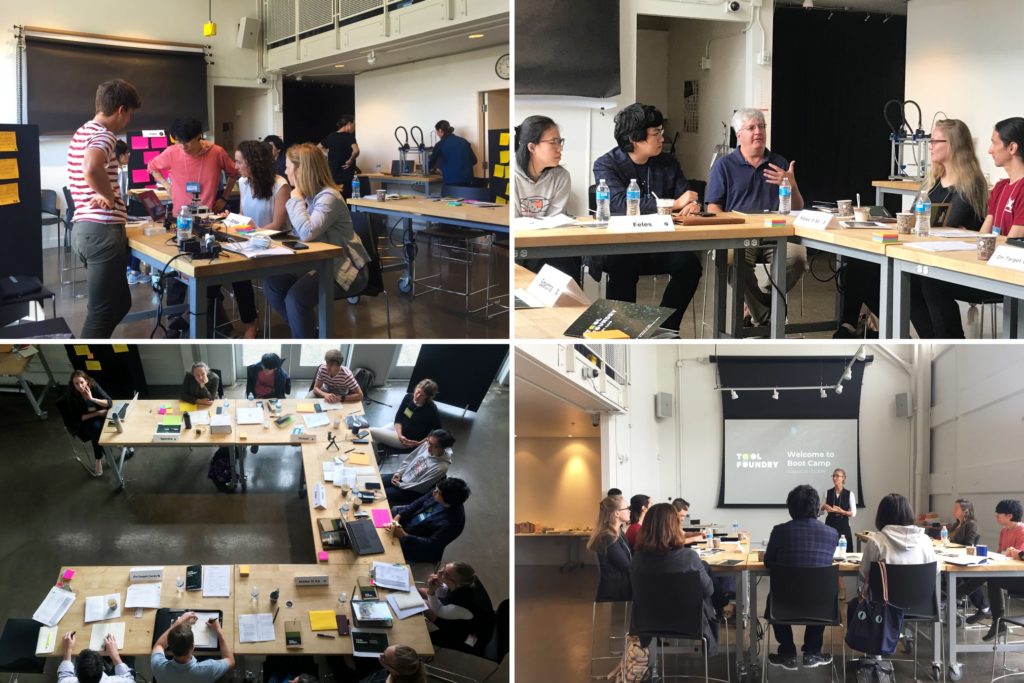Behind the scenes with Tool Foundry
Scientific discovery tools — from microscopes and telescopes to sensors and spectrometers — help us answer questions and generate knowledge. But many powerful tools are too expensive or too difficult for non-experts to use. Without access to tools, fewer people participate in science, which hinders the pace of discovery, the distribution of knowledge, and the public’s understanding of and appreciation for the natural world.
Earlier this year, we launched Tool Foundry, an initiative funded by grants from the Gordon and Betty Moore Foundation and Schmidt Futures to help tool makers build a foundation for sustainable growth and advocate for the science-curious. The accelerator cohort includes a few names you may already know, and some you’ll hear about soon. Future headlines might look something like this:
Feles brings DNA sequencing to the classroom — and the kitchen table
The Feles One Desktop Biolab is an all-in-one device that integrates multiple scientific instruments, including a thermo-cycler, spectrometer, and centrifuge, to complete most molecular biology and synthetic biology experiments. Feles enables anyone to discover and invent with biotechnology. Earlier this year, the Boston-based team’s Kickstarter campaign was funded in less than ten days, raising more than $89,000 from 156 backers.
MakeItSo helps scientists automate experiments, leading to new breakthroughs
MakeItSo is an end-to-end, open-source solution for scripted, machine-driven processes that require the precision and accuracy of computer control. This tool is a flexible platform for scientists to design and execute custom experiments with multiple tools. This team hails from the University of Washington in Seattle and is led by Nadya Peek, Assistant Professor of Human Centered Design & Engineering and Vice President of the Open Source Hardware Association.
Octopi’s automated malaria detection saves lives
Octopi is an open-access, modular and high-throughput microscope that can be rapidly configured for specific applications in disease diagnosis, environmental monitoring, and research. Developed by Stanford University’s PrakashLab, the makers of Foldscope, Octopi can be designed and redesigned for specific applications, including by clinical practitioners and researchers for health and environmental monitoring.
Citizen scientists use On-Target testing kits to find contaminants in water supply
On-Target Cards enable affordable, fast, quantitative testing of multiple elements found in water and soil. The credit-card sized tools, developed by Colorado-based Access Sensor Technologies, can be used to monitor any source of water, including streams, rivers, and lakes. Users can log test data with a companion mobile app.
Scan yourself at home: Spectra is safer than an X-Ray and cheaper than a trip to the radiologist
Spectra is a portable, open-source, biomedical imaging system that uses the same method as a CT scan for real-time, inexpensive image reconstructions. Developed by Mindseye Biomedical in San Francisco, Spectra enables anyone to explore medical physics from their own home, without expensive hospital equipment. The team’s campaign on Crowdsupply has been funded by 116 backers so far.
This week, the cohort was in San Francisco for an in-person Boot Camp at the Autodesk Technology Center. The two-day agenda included keynotes from Schmidt Futures’ Tom Kalil and Arduino co-founder Massimo Banzi. Erika Hall, co-founder of Mule Design and author of “Just Enough Research,” led a session on user research, and David Glickman shared marketing and branding insights. Nine product design and hardware experts from organizations such as Autodesk, Launch Forth, and Sensel shared advice on performance, usability, and manufacturing. The founders of OpenROV, Daughters of Rosie, Zephyrus Biosciences, and Instructables shared hard-won advice on launching and sustaining science and hardware startups. And dozens of funders, supporters, and members of the accessible tools community connected with the cohort at a networking reception held at Autodesk Gallery.
For the remainder of the accelerator, the cohort is collaborating virtually, joining sessions and conversations with mentors including designer Kelli Anderson, supply chain expert Brian Laung Aoaeh, and open source expert André Maia Chagas; the founders of SciStarter, Squishy Circuits, and Conservify; and leaders from littleBits, Kickstarter, NEW INC, Cota Capital, and the Alfred P. Sloan Foundation. The accelerator culminates in a Showcase at Kickstarter’s Brooklyn headquarters in November.
Subscribe to the Tool Foundry Journal for accelerator updates and community resources.
Photo at top: Louis Reed on Unsplash


